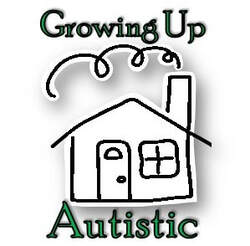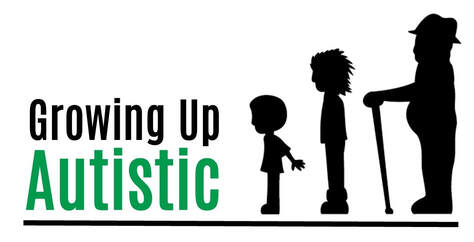
by Lonnie Pacelli
The Israeli Defense Force (IDF) Special intelligence Unit 9900 is dedicated to everything related to geography, including mapping, interpretation of aerial and satellite photographs, and space research. Within this unit there is another, smaller unit of highly qualified soldiers who can detect even the smallest details—the ones usually undetectable to most people. These soldiers all have one thing in common; they are on the autism spectrum. Their job is to take visual materials from satellite images and sensors in the air. With the help of officers and decoding tools, they analyze the images and find specific objects within the images that are necessary to provide the best data to those planning missions. The IDF has also found that soldiers with autism can focus for longer periods of time than their neurotypical counterparts.
This story speaks to me personally. My son Trevor was diagnosed with autism at age five. The only thing I knew about autism at the time was Dustin Hoffman’s Rainman character. Raising a son on the spectrum drastically changed my point of view on disability inclusion, seeing strengths through the challenges, and cultivating those strengths while accommodating the challenges. He’s a grown man today, living on his own, working, paying his bills, saving money, and building relationships. His strengths outweigh his challenges.
The same reckoning with his strengths and challenges can lead to success with overseeing how an organization thrives, but how do you begin to ensure inclusion of disabled people’s strength in the workplace at scale with at an organization level? It has to start at the board and C-suite level. The Center for Disease Control and Prevention defines a disability as “any condition of the body or mind (impairment) that makes it more difficult for the person with the condition to do certain activities (activity limitation) and interact with the world around them (participation restrictions).” A disability can:
In 2018 Accenture published an outstanding research report entitled Getting to Equal: The Disability Inclusion Advantage. Some of the statistics in the report are eye-opening:
The Disability Equality Index (DEI) is a joint project between the American Association of People with Disabilities and Disability:IN (formerly known as the US Business Leadership Network). DEI’s primary goal is to provide a benchmarking tool to help companies assess disability inclusion policies and practices in six key areas:
Organizations complete a survey (DEI estimates between 30-40 hours to complete), send it into DEI, and receive an objective score on their disability inclusion practices and opportunities for improvement. DEI puts respondents achieving 80 percent or better on their website, with companies like Accenture, Microsoft Corp., AT&T, The Walt Disney Co., Capital One Financial Corp., and Boeing Co. achieving a score of 100 percent. DEI has an advisory committee comprised of corporate and nonprofit executives and advocates who advise on benchmarking topics and questions. While it’s a commitment to complete the survey, it gives an organization an honest and introspective lens into their culture, policies, and practices on disability inclusion and is valuable to help identify areas where an organization needs to improve. This isn’t fluff stuff. The Accenture report notes several tangible results of those organizations that embraced a disability inclusion culture.
As a board, make it a priority to work with the senior leadership team to understand your company’s disability inclusion position and ensure disability inclusion is baked into the culture, not just an add-on project. Here are three things you can do to get started:
Disability inclusion is not just a social responsibility buzzword meant to enhance reputation. There’s tangible business value to be had. As a board, your accountability is to ensure your organization is promoting a culture where the business benefits can be realized.
0 Comments
Leave a Reply. |
Inspiration for Life with AutismThis blog has a variety of articles about people living life with autism, and topics and ideas that can help in the journey. Guest bloggers are welcome. Inspired by Trevor, a young adult film critic, photographer and college graduate on the autism spectrum. Categories
All
Archives
July 2024
|
Proudly powered by Weebly

 RSS Feed
RSS Feed